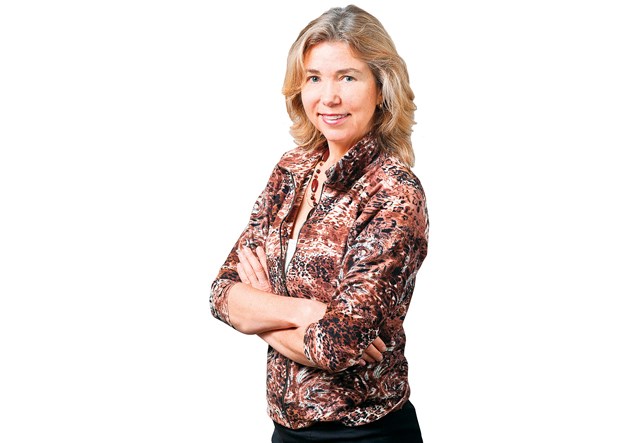I was 15 years old when I first publicly declared myself a feminist (although I might have used the term “women’s libber.”)
I was at camp, sporting a button that simply said “Woman’s Day.” It was 1975, and the UN had yet to declare March 8 the UN Day for Women’s Rights and International Peace. (That happened in 1977.)
A camp counsellor had noted the button, so I offered my spiel about women’s rights, which was met with a chuckle and an arched eyebrow. But as we were just about to embark on a three-week canoe trip, he probably wasn’t opposed to a girl who thought she was as tough as a boy.
Forty one years on, and with International Women’s Day around the corner, would I still call myself a “women’s libber?”
Indeed, I would. The question, however, is what does that mean?
The Democratic leadership race in the United States has raised an interesting debate within feminism, as young Democratic women have gravitated to leadership hopeful (and old, white guy) Bernie Sanders, as opposed to Hillary Clinton.
The trend has evoked some testy words among women — all wearing the feminist badge. In a speech in support of Clinton, US Secretary of State Madeleine Albright told the crowd “there is a special place in hell for women who don’t help each other.”
Hollywood actress and Sanders supporter Susan Sarandon countered with “I don’t vote with my vagina.”
I admit, I’d like to see a woman as president of the U.S., not just because it would be inspiring to see the glass ceiling cracked open, but because, like any other group, women bring an element of their lived experiences to the job. Case in point, in our ode to International Women’s Day, (page 10) long-time Richmond East MLA Linda Reid recalls when she was first elected, in 1991, there were four men’s washrooms but not a single women’s on the Chamber floor of the Legislature. She also recounts the challenge of being in office and having a newborn. Today, there are not only women’s washrooms, many of them sport change tables. Thanks to the realities that Reid, and other women, brought to the Legislature, it’s now a more egalitarian place.
That said, I’d still agree with Sarandon — ideology trumps biology. Again, case in point, the NDP won that 1991 election, and it was specific policies they brought in that resulted in changes to a number of things, including washrooms. Women in leadership matters, but the factors that both enable and inhibit all women in their quest for a good life matter more. According to Stats Can, in 2011, the average earnings for women was 67 per cent of men’s-. And so on we march, looking for fair wages, and washrooms, for all.



